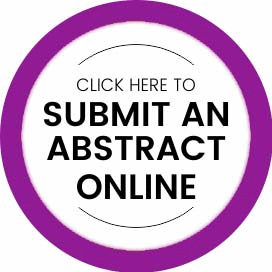
Hans-Dieter Arndt
Friedrich-Schiller-University, Germany
Title: Total synthesis and functional studies of parthenolides and urukthapelstatins
Biography
Biography: Hans-Dieter Arndt
Abstract
The total synthesis of natural products is an important enabling step toward dedicated mode of action studies. Two case studies from our laboratory will be presented in the lecture. We have recently reported on an efficient total synthesis of the potent cytotoxin urukthapelstatin A. This synthesis utilizes a combination of thiolactonization and aza-Wittig ring contraction reactions to obtain high yields of the strained macrocycle. By using this technology structural variations are easily implemented. X-ray structures and biological activities will be presented. Based on these findings, the chemistry workflow was adapted and transferred to solid phase. The efficiency of this new methodology is demonstrated by the swift first total synthesis of aurantizolicin, a cryptic metabolite from Streptomyces aurantiacus. Structure and Stereochemistry of the scarce natural product has thereby been unambiguously assigned. Progress toward studying the bioactivity and mode-of action of these polyazole Cyclopeptides will be discussed. On the other hand, many methylene g-lactone terpenes feature remarkable anti-inflammatory and neuritogenic activity. In this regard, the germacrane sesquiterpene parthenolide form the medicinal plant feverfew (Tanacetum parthenium) caught our interest. While semisynthetic approaches to and non-selective syntheses of this highly active natural product have been reported, incomplete access to stereoisomers and to derivatives has impeded medicinal chemistry and mode of action studies. Here, we will present the first stereoselective total synthesis of parthenolide that enables access to all its possible stereoisomers as well. It employs novel trisubstituted allylborane reagents that exert excellent stereocontrol as well as an efficient ring closure (80% yields) of the peculiar 10-membered ring scaffold

